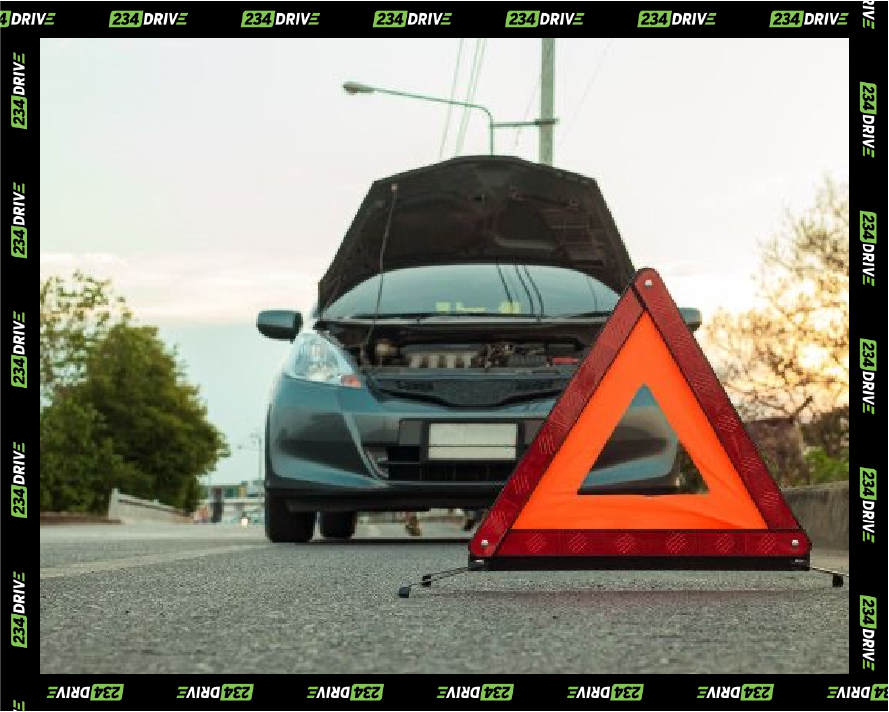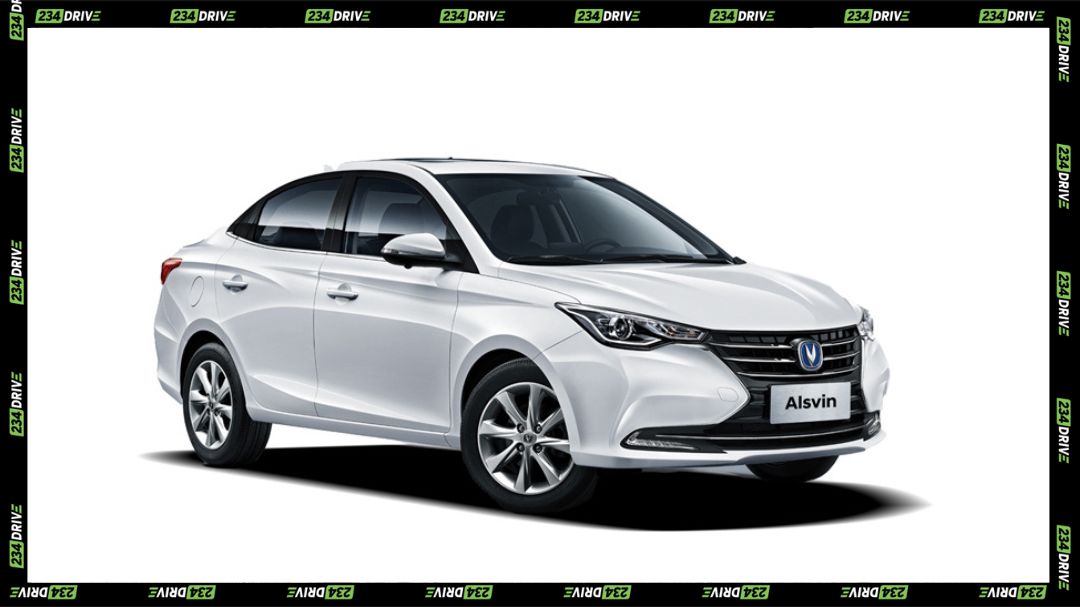You don hit my car, oyinbo repete
I say, you don bash my car, gbese repete
Tell me, you don hit my car, oyinbo repete
As you don bash my car, gbese repete
“My Car” by Tony Tetuila will always be a classic record, not only for its entertainment value but also for its resonance with nearly every Nigerian. In Nigeria, particularly in Èkó (Lagos), the roads are alive with drama, from kekes dragging lanes with you, to being cut off by abokis riding bikes, or encountering a random person parked in the middle of the road, checking for dents after collisions. Navigating these roads demands a sixth sense; because if you don’t hit them, they will hit you.
Today, our focus shifts from road dramas to the burgeoning issue of poor car maintenance among Nigerians. While it’s natural to desire a pristine-looking car, especially just after purchase, this mindset alone won’t suffice. It’s akin to the disappointment of tasting àgbò jẹ́dí-jẹ́dí (traditional medicine) disguised in a Pepsi bottle—a moment of initial appeal followed by eventual denial and betrayal. Similarly, without proper maintenance measures, your car may appear pristine temporarily, but it will soon falter.
Your car looking good and dent-free matters, but there are weightier matters. Don’t get me wrong—washing and cleaning both the interior and exterior of the car is another maintenance practice that guarantees the longevity of the car. However, some people think it stops there until they encounter an issue that prevents their car from starting, then they run to their mechanic.
A significant number of cars on Nigerian roads suffer from neglect due to owners overlooking minor maintenance tasks. It’s not uncommon to see vehicles with minor issues left unattended until they escalate into major faults or accidents. This neglect is evident in the prevalence of engine warning lights illuminated on dashboards. Across the country; many drivers admit to ignoring these warnings for extended periods, posing risks to themselves and other road users.
Taking bus or cab rides in Lagos further exposes the absence of this culture. If you happen to have a penchant for sitting in front, I’m sure you’ve been told to hold the brake for them while they chase after the man giving out ticket, or you’ve witnessed the absurd ways they start the car. One time, I saw a driver using the caution sign button to start his car; you’ll never see them start the car with a key. Suddenly, you’ll understand why being a bus driver seems to come with an electrical engineering degree, as they often have to connect wires just to get the vehicle running. In the worst cases, they resort to push-starting the car. The condition of Nigerian buses and their wiring needs serious attention because why would a driver be controlling his horn from the indicator? let’s not even talk about the interior—roofs with no padding, missing windows, and chairs that restrict blood flow to your buttocks.
You would expect that cars used for e-hailing businesses would see better and regular maintenance, but that isn’t the case. Broken door handles, nonfunctional buttons, torn upholstery—these are things you would find in the average car. Upon further investigation, you might find chopped brake pads, a defective alternator, and a bad fuel pump, all while the car is still being used daily. In all of this, you will see people adorning their cars with weapons and guards as if we’re about to go on a death race; everyone wants to be “Frankenstein” instead of fixing their faulty brake pads and broken side mirrors. Personal cars are no different, suffering from the same neglect and lack of proper maintenance.
Inadequate car maintenance poses alarming safety risks, with mechanical failures like brake malfunctions and tire blowouts frequently causing collisions and contributing to a significant proportion of road accidents in Nigeria. The economic impact is substantial, as poorly maintained vehicles are prone to severe breakdowns, leading to higher repair costs. When you take your car to the mechanic for one issue and then discover others, you will hear things like, “person wey wan fix one problem for mechanic must dey ready for five new problem.” This is because the mechanic often spots problems that should have been fixed by regular maintenance checks.
Environmentally, poorly maintained vehicles increase emissions, exacerbating air pollution and climate change, while generating excessive waste from frequent part replacements. Everyone dreads scenarios of being stuck behind a vehicle emitting fumes, which can be very inconvenient and harmful to health. Socially and psychologically, the stress of unreliable vehicles undermines drivers’ mental well-being, causing anxiety and frustration alongside the financial strain of unexpected repairs, ultimately diminishing the quality of life for many. Passengers also suffer, as vehicles breaking down have now been factored into journey time—nobody wants it, but somehow everyone is prepared for it. Poor maintenance culture also discourages people from buying Nigerian used cars, as they feel it’s like using their money to buy problems. Consequently, many prefer to buy Tokunbo cars and dodge the bullet.
The car maintenance culture in Nigeria needs a significant positive shift. Car owners must be deliberate about maintaining their vehicles. Reorientation and improved economic conditions can play a key role in this improvement. Understanding that small, unattended problems lead to bigger issues may encourage regular and timely maintenance.
Maintaining a car properly is essential for its longevity and safety. Here is a video that contains some key maintenance tasks and their recommended time frames for the average car user










